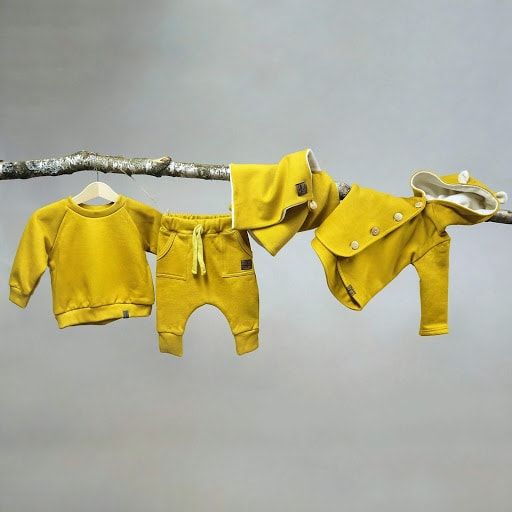It's a well-cited fact that fashion is the second-most polluting industry in the world. As consumers grow more conscious, reselling sites and thrifting have become popular ways to reduce the footprint of our purchasing habits.
But children's clothing sees few of these innovations, which presents a moral dilemma for parents. Kids grow fast, so clothing must be replaced regularly. For this reason, the industry has been monopolized by the fast fashion model.
Sourcing ethical kids' clothes is an uphill battle when chain stores are pushing out cheap and often poor-quality garments, which can only handle limited re-use.
Dasha Roth saw a gap in the market for kids’ clothing made from high-quality organic textiles, designed to last long-term and be passed on to the next child.
The resulting brand, Boxx Kids, produces ethical children’s clothing made from certified organic cotton. Dasha tells us about their mission to make environmental and social sustainability mainstream, and how noissue sustainable packaging helps spread this message.
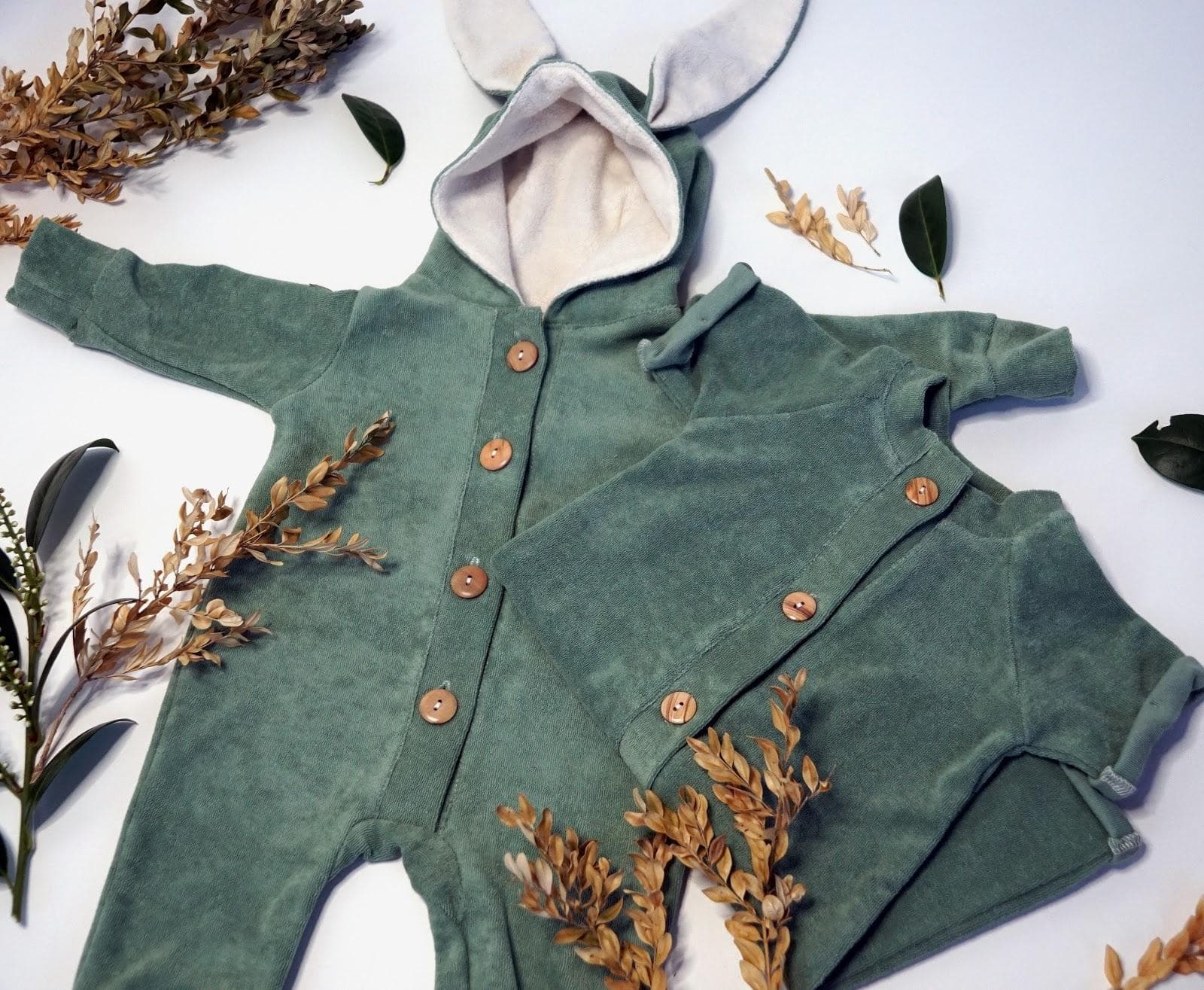
(In Dasha's own words):
“We are so excited to introduce our organic baby clothing and children’s apparel label to you!”
“It all started as a side project of two new mums. We wanted to make clothes for our bubs which were more than just attractive and durable. We wanted them to be made from the most sustainable materials currently available and in ethical conditions. - not through child labor in a sweatshop, like so many products from well-known international clothing brands.”
"At BOXX kids, sustainability and ethical clothing production are central to everything we do. As mothers, we believe in the motto 'be the change you want to see in the world'. We love fashion, but we don't want our clothes to come at the cost of people or the Earth.”
“We hope that other mums will vote with their money for the world they want for their kids. Not to mention that the high quality fabric choices of our clothes guarantee that they will be worn over and over again, and then hopefully passed onto another sibling or friend.”
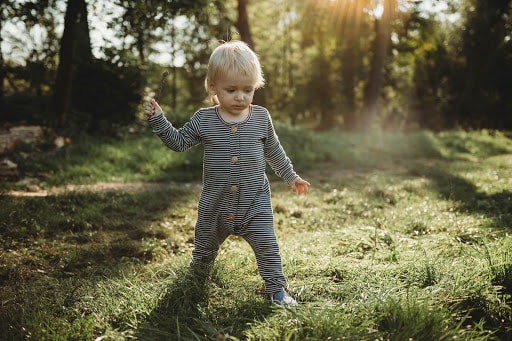
Cotton might be the preferred fabric when it comes to children's clothes, but this can come at a high price. Cotton is extremely resource-intensive to grow - making just one shirt requires 713 gallons of water!
This makes organic cotton the key to manufacturing ethical kids clothes. It has a much lower environmental impact than regular cotton because it avoids toxic pesticides and saves on water usage. For this reason, Dasha ensures that all of their textiles are sourced sustainably:
“Our fabrics are GOTS (Global Organic Textile Standards) certified organic, which means that all people involved in the production process are under safe working conditions and receive fair salaries. Independent institutes certify our cotton, which ensures that it is free of hazardous substances that cause skin irritations and allergies.”
“We buy everything locally from European suppliers, and our clothes are professionally made in the Czech Republic by our skilled seamstresses. This means the materials and products don’t travel around the world a couple of times before they reach our customers.”
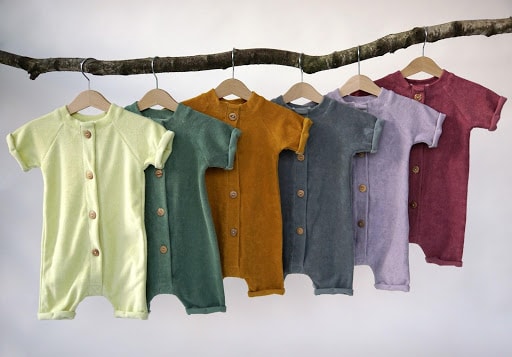
Of course, running an ethical kids clothing brand comes with challenges - namely, the higher price point. Sustainable manufacturing practices and paying employees living wages does come at a cost to the consumer. But Dasha is hopeful that more awareness around child labor in the textile industry is having an impact:
"It's tough to compete with the prices of conventional kids' clothing. Sometimes it’s even labelled as organic, but still costs less than what we pay for materials alone.”
“Hopefully, more people now realise that if something is cheap, someone somewhere is paying for it. And that it’s certainly not the CEOs of these companies. It’s the farmers, factory workers and clothes makers, including children.”
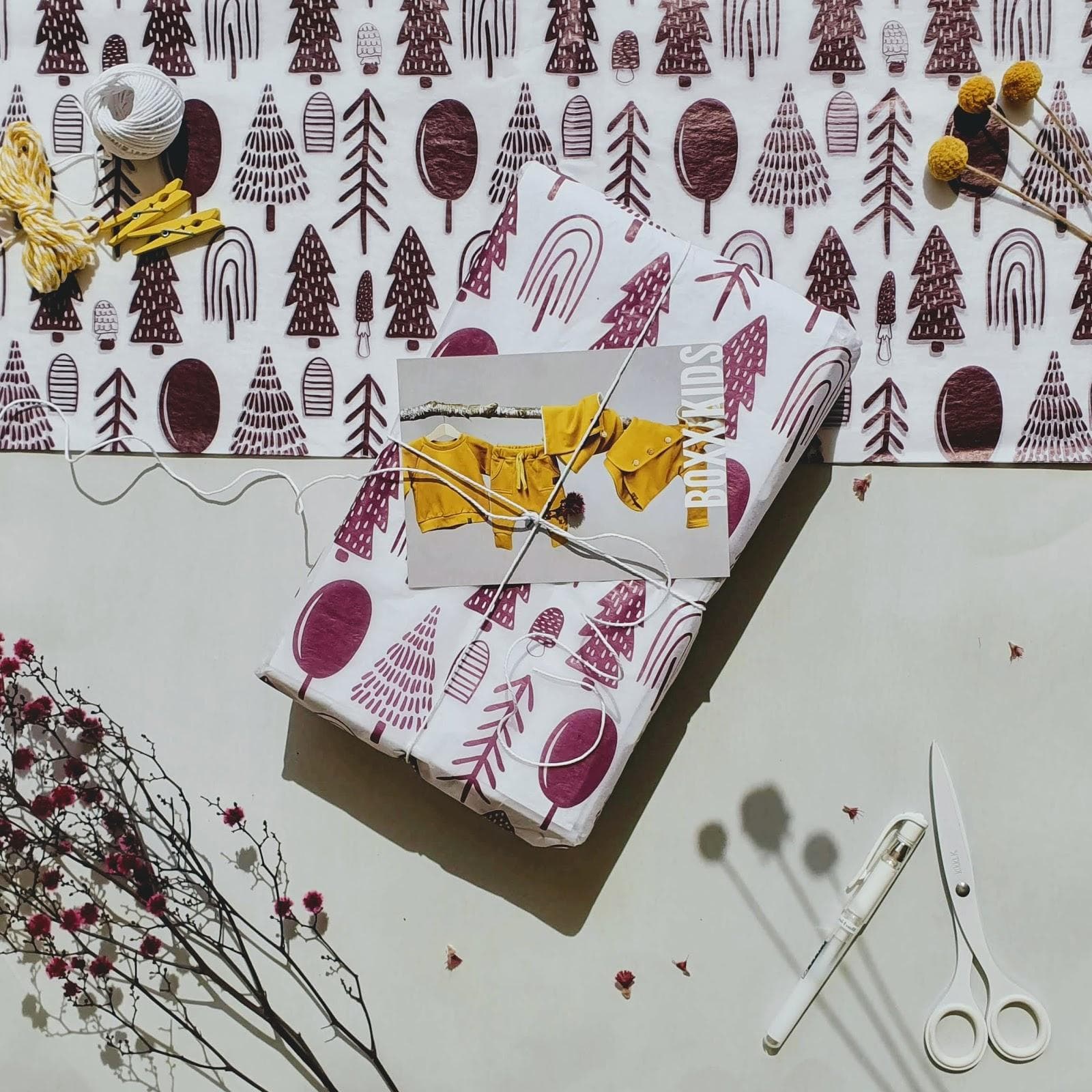
It's important that sustainable brands communicate their mission through more than just their product. Consumers want to reassure themselves that a brand is authentic and stands by its values. This is where sustainable packaging comes into play!
Eco-friendly packaging lets customers know that a brand practices what it preaches in every part of its operation. Moreover, it's also a serious selling point. 62% of consumers are now more likely to buy from brands that use sustainable packaging!
noissue's low MOQs for custom tissue paper and compostable mailers makes it easy for small businesses to find the sustainable packaging solution that fits their needs:
“The other challenge is finding suppliers and manufacturers of sustainable materials with the same ethical values as us, and who cater for small businesses with smaller MOQs. During the short few years we have been around, we have seen great progress in this area. More and more companies are starting to put sustainability and ethics before profits by exploitation - of other people and of our planet.”
“We love that noissue paper is not only FSC-certified, but that the company also contributes to global reforestation by planting trees, just like us! It is now even more important than ever to use only FSC-certified paper seeing the Amazon rainforests on fire - it is being deforested at record rates, with one of the reasons being paper products.”
Not only does our custom tissue paper make your brand more eco-friendly - it improves the customer experience too! A low-impact unboxing experience is a perfect way to cap off your customer's interaction with your brand:
"Put simply, we think a quality product deserves nice packaging! Lots of our kids clothes are bought as gifts, and it just makes the whole gifting and receiving experience much more special and fun. We wanted to offer our customers the option of having their orders wrapped up beautifully in an eco-friendly custom tissue paper - made by a company who also gives back!”
“We thought it was only appropriate to celebrate the importance and amazingness of trees, with a playful minimalistic tree print that goes well with the colour palette of our clothes.”
“Our customers love our packaging and it is great that it often starts a conversation about the responsibility of every individual and company, no matter how small, to contribute to a better future for us all, especially our children.”
